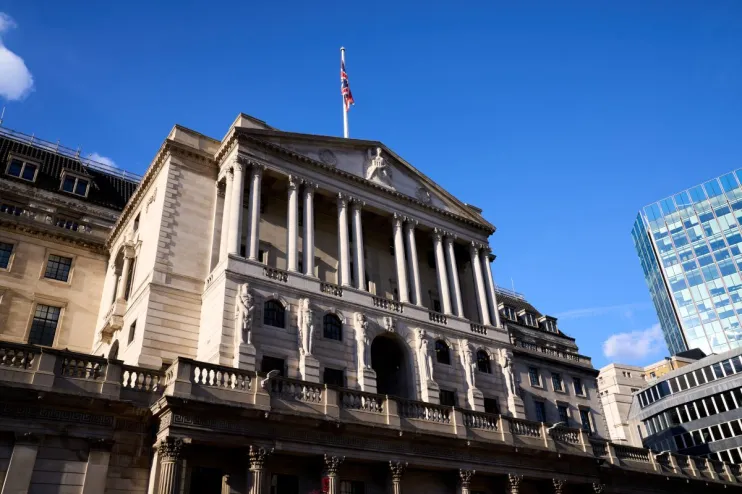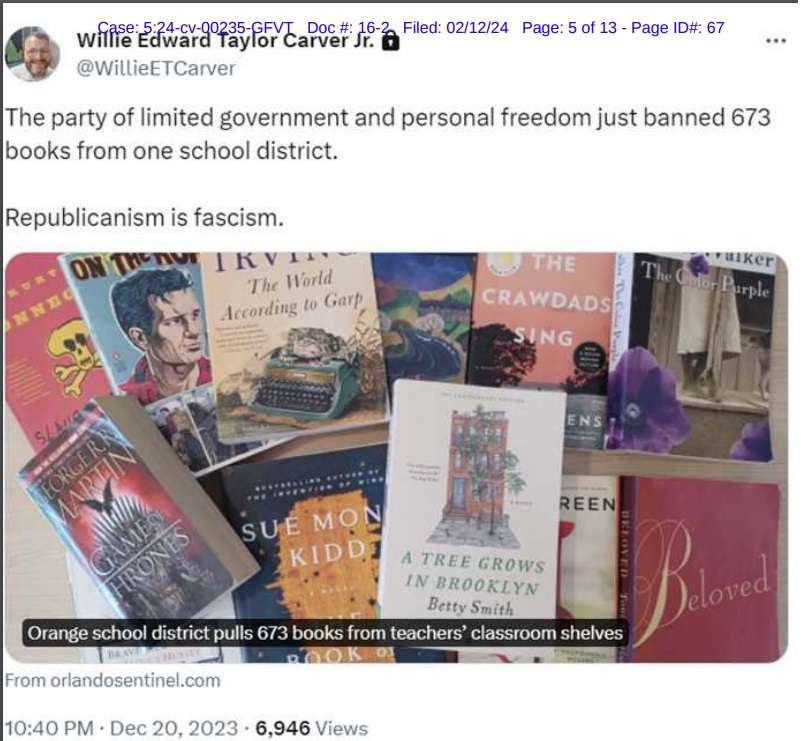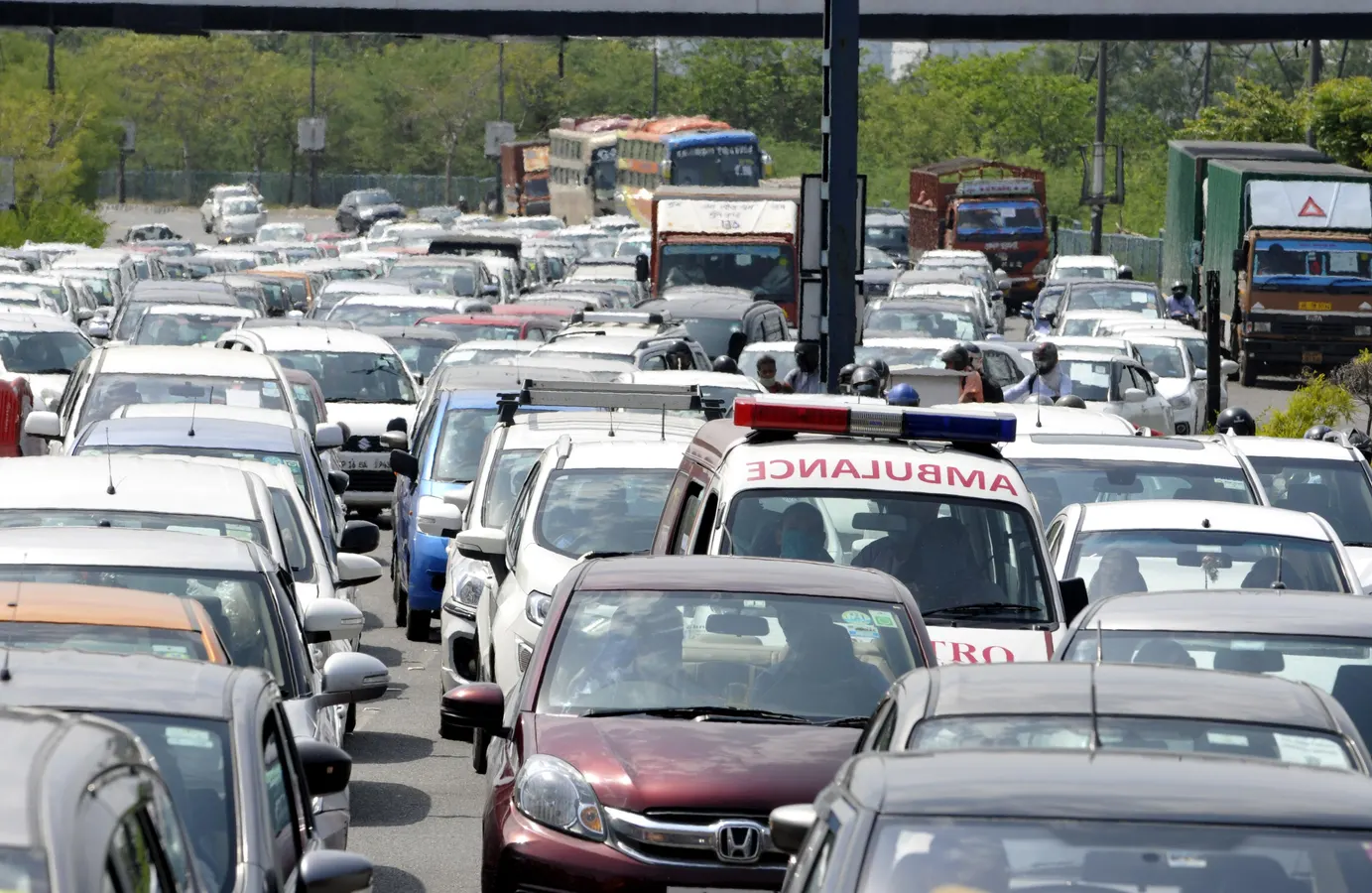By Mauricio Alencar
Copyright cityam

Inflation hit 3.8 per cent in the year to August, according to official data, sending a warning to Bank of England officials ahead of a crucial interest rate vote on Thursday.
The previous reading for inflation in July was 3.8 per cent, with the August figure likely to confirm Bank of England rate-setters will vote to hold interest rates at its next decision on Thursday.
Economists are also likely to pay close attention to the impacts of high food price inflation and services inflation, given their respective impacts on Britons’ views of the cost of living and wage pressures.
The Office for National Statistics (ONS) said services inflation was 4.7 per cent, which was slightly lower than the five per cent level the previous month.
Core food price inflation was 5.1 per cent over the 12-month period, higher than the previous month. It was the fifth consecutive rise for the figure.
Kris Hamer, director of insight for industry group the British Retail Consortium, said: “Food inflation climbed above 5pc in August for the first time in 18 months as rising employment costs and poor harvests drove up retailers’ costs.
“With food inflation now outpacing wages, many families will be struggling with the rising cost of living.”
Price growth could still get worse, with the Bank’s forecast last month predicting it would be double its two per cent target rate in September.
Its monetary policy report said inflation would only fall back to two per cent in 2027, with JP Morgan Asset Management analyst Zara Nokes saying price growth in the UK has become “increasingly ugly”.
Nokes said it was “imperative” that the Bank of England doubled down on efforts to “stamp out inflation”.
Tom Clougherty, Executive Director at the free market think tank the Institute of Economic Affairs, said:
“This persistently high inflation underlines the fact that Britain has a serious cost of living problem. We are paying the price for years of poor economic management in the form of lower living standards.
“But measured inflation can have different causes. Sometimes it is caused by bad monetary policy, as in the pandemic when broad money growth was exceptionally high. That kind of inflation can and should be controlled by the Bank of England.
“What’s happening now looks different. Rising prices are in large part being driven by government policy in the form of higher taxes and regulatory costs, as well as long running supply constraints. That demands a programme of economic liberalisation – not tighter monetary policy.”
Stubborn inflation poses a challenge to policymakers
Chancellor Rachel Reeves is reportedly considering plans to ease the cost of living for households by reducing energy bills, which she believes could be achieved by exempting them from VAT.
Responding to the new release, said she was “determined” to get costs down and help people dealing with higher bills.“I know families are finding it tough and that for many the economy feels stuck,” Reeves said.
Shadow Chancellor Mel Stride blamed high inflation on Labour’s £20bn employment tax raid and decision to increase government borrowing. “With borrowing costs hitting a 27-year high, working people and businesses are bracing for even more tax rises to pay for Labour’s mismanagement.”“While Labour are distracted – lurching from one scandal to the next – families are paying the price for Rachel Reeves’ economic mismanagement.”“Through our plan for change we are taking action — raising the National Living Wage, extending the £3 bus fare cap, and expanding free school meals, to put more money in people’s pockets while we work to build a stronger, more stable economy that rewards hard work.”
But the imminent risks of stubborn inflation and the delay to the Budget are likely to weigh on policymakers’ minds at tomorrow’s interest rates decision.
City AM’s Shadow Monetary Policy Committee voted 8-1 to hold interest rates, with most economists claiming a “pause” would be more suitable in light of high inflation.
Vicky Pryce, chief economics adviser to the British Chambers of Commerce, was the only member on the mock panel to vote for a 25 basis cut due to stagnation in the UK economy.
Other members also pointed to loosening in the UK jobs market as being likely to weigh down on price growth in the next year.
Forecasters widely believe that interest rates will be held, but many are looking out for changes in language signalling that monetary policy could become more restrictive.
Votes made by two of the MPC’s most dovish members, external members Alan Taylor and Swati Dhingra, will also be crucial in showing whether rate-setters are still pushing for faster rate cuts.



